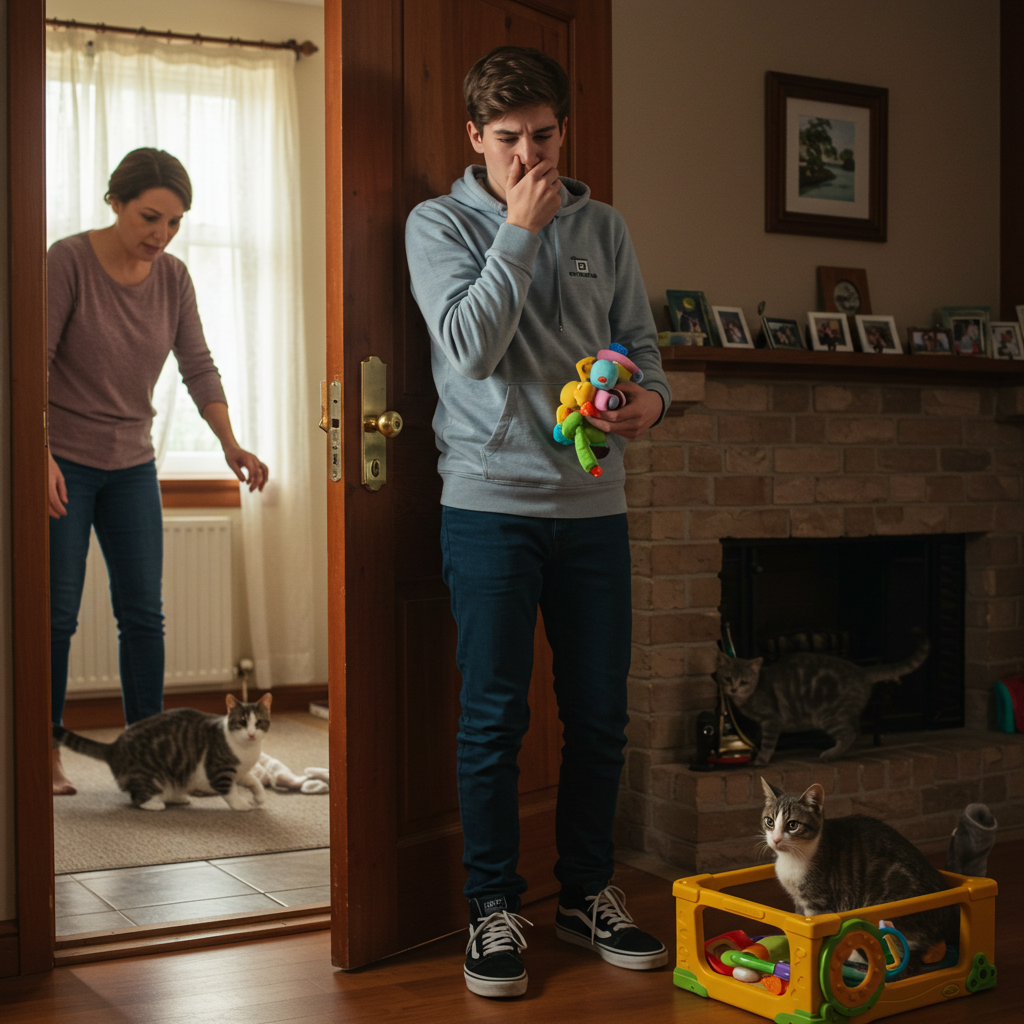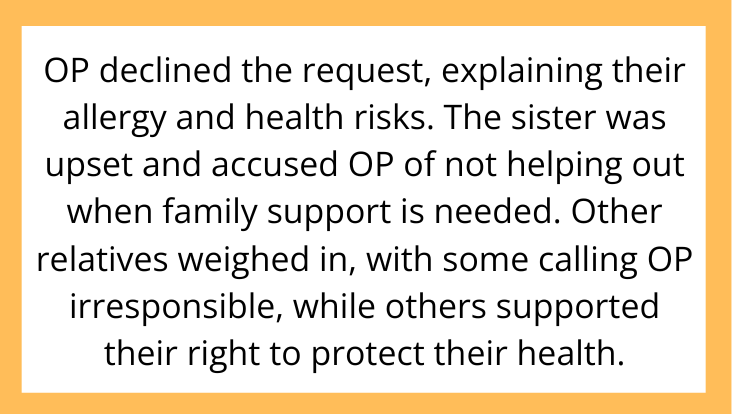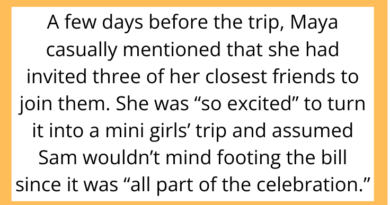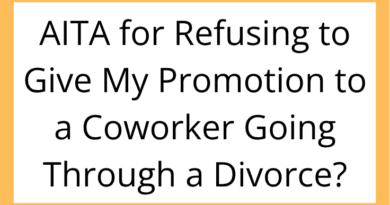AITAH for Refusing to Babysit My Nephew Because I’m Allergic to Cats?
Family obligations can be complicated, especially when personal health issues come into play. A recent post on r/AITAH brought up an interesting dilemma: someone refused to babysit their nephew because the nephew’s home has cats—and the babysitter is severely allergic. This sparked a debate about responsibility, understanding, and boundaries within families.
In this blog post, we’ll explore why setting boundaries around health is important, how family members can navigate such situations, and whether refusing to babysit in this context makes someone the bad person.
The Situation: When Family Needs Collide With Allergies

The original poster (OP) explained that their sister asked them to babysit her young son for a few hours. However, OP has a serious allergy to cats, which causes them respiratory issues. The sister owns two cats that are inside the home full-time.
OP declined the request, explaining their allergy and health risks. The sister was upset and accused OP of not helping out when family support is needed. Other relatives weighed in, with some calling OP irresponsible, while others supported their right to protect their health.
Why Allergies Are a Legitimate Reason to Say No

Health concerns should always be taken seriously. Here’s why OP’s refusal is understandable:
-
Physical well-being: Allergic reactions can be severe and life-threatening in some cases.
-
Long-term effects: Exposure to allergens can worsen symptoms over time.
-
Mental health impact: Constant exposure to allergens can cause stress and anxiety.
Ignoring such issues can harm the person’s overall quality of life.
Balancing Family Support and Personal Limits

Family often relies on each other during busy or difficult times, but that doesn’t mean sacrificing personal health. Here are ways to manage such conflicts:
-
Communicate openly: Explain the allergy clearly and how it affects you.
-
Offer alternatives: Suggest babysitting at your own home if possible or helping in ways that don’t trigger allergies.
-
Set boundaries: Be firm but kind in maintaining your health priorities.
-
Encourage other solutions: Maybe another family member without allergies can help.
Why Some Family Members May Misunderstand

Sometimes family members expect unconditional help and may see refusal as a lack of care. This can stem from:
-
Cultural expectations about family roles.
-
Underestimating the severity of allergies.
-
Emotional pressure to be “the reliable one.”
Understanding these dynamics can help ease tensions.
Final Thoughts: Protecting Yourself Isn’t Selfish

Refusing to babysit because of a serious allergy does not make you the bad person. It means you’re prioritizing your health while still caring for family in the ways you can. Setting boundaries, especially around health, is an act of self-respect and long-term relationship preservation.



